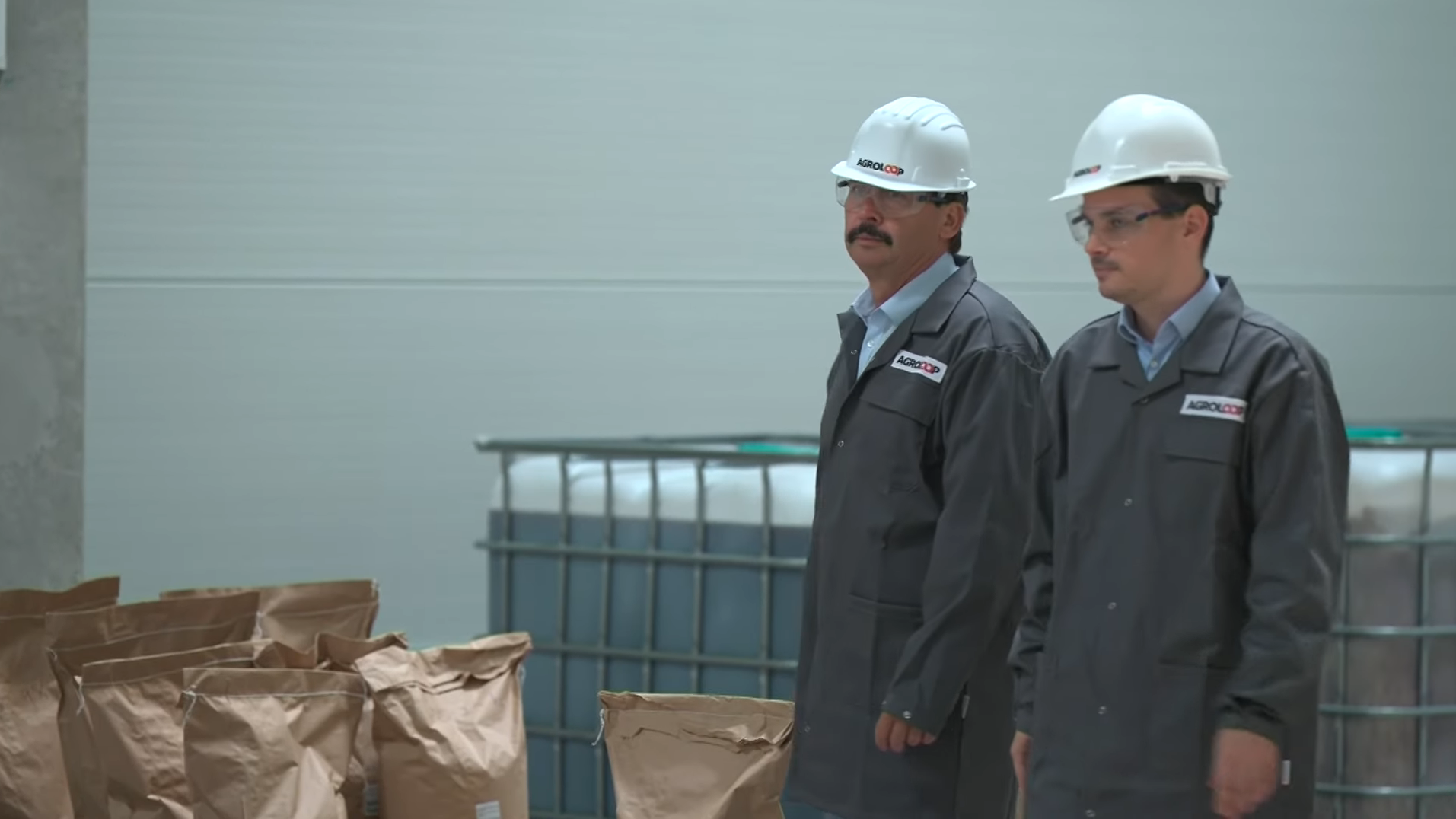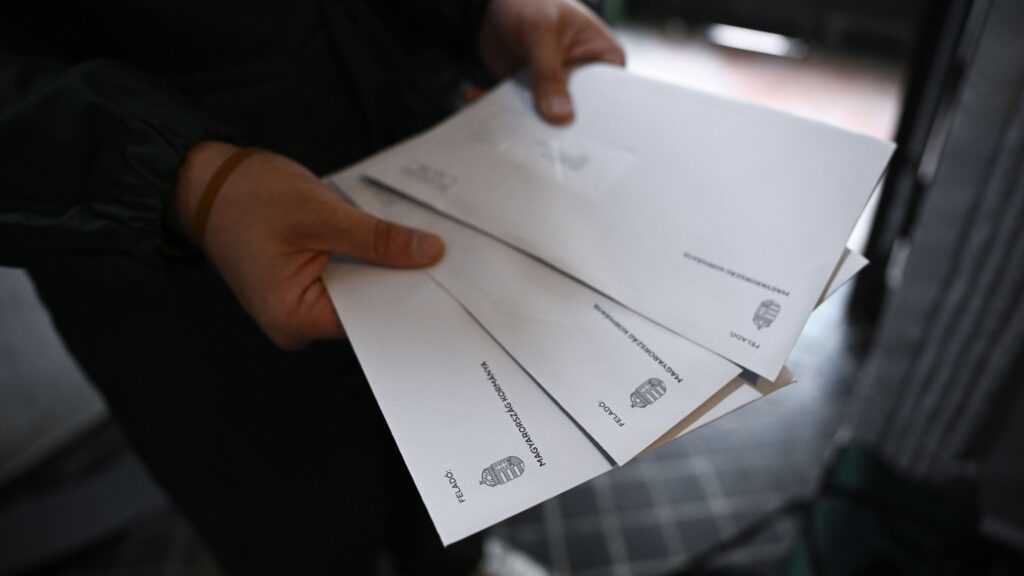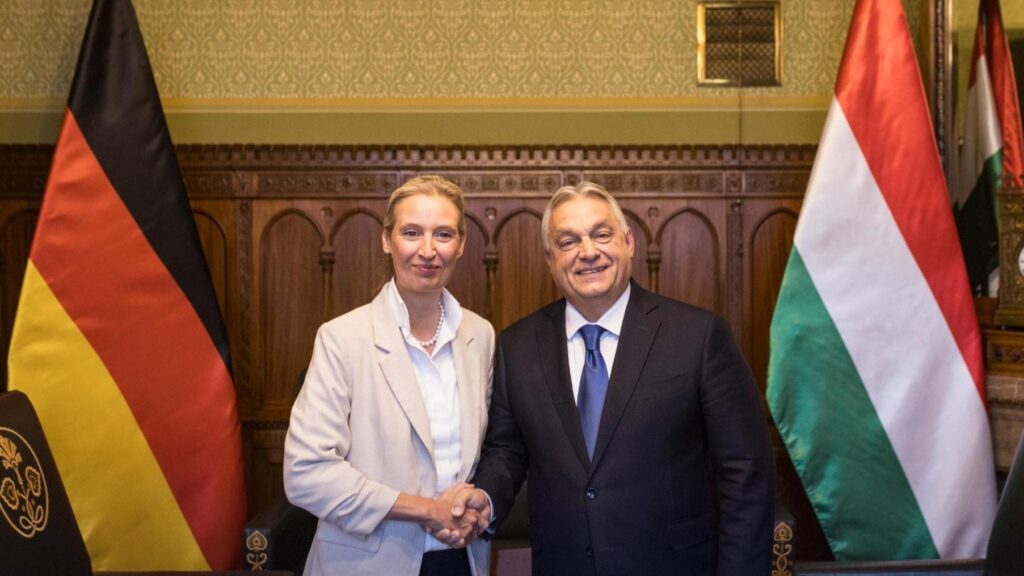Hungary’s former President János Áder has urged immediate action to repurpose food waste, either for biogas or as feedstock for insect-based animal feed, in the latest episode of his Blue Planet podcast. The episode was recorded at the facility of Agroloop, a Hungarian startup specializing in insect protein production.
Speaking with Agroloop co-founder and CEO Rajmond Percze, Áder emphasized that food waste in Hungary amounts to nearly 30 per cent of total food produced, while in the EU the figures are even more alarming. The discussion centred on how insect farming, specifically the cultivation of black soldier fly larvae, could offer a practical, scalable solution for recycling waste and supporting more sustainable livestock farming.
Percze explained that their company raises billions of black soldier fly larvae, insects capable of consuming nearly any organic waste. However, current regulations restrict what these larvae can be fed. ‘Today we can only use feed-grade material, but these insects could handle actual food scraps, which would be a game-changer,’ he said.
Áder responded by saying that existing laws must be updated to reflect this potential. ‘Right now, the law doesn’t allow food waste to be used in insect farming. But the raw material is there, we’re throwing away 30 per cent of our food,’ he said. Changing EU legislation would require coordinated lobbying, he added.
Több legyet egycsapásra – magyar fehérje takarmány állatoknak
Tudta, hogy a fekete katonalégy haszonállat? Bizony az, hiszen az Agroloop üllői üzemében a lárvájukból prémium minőségű takarmány alapanyag lesz, fehérjeliszt és zsír, továbbá a trágyájukból kiváló talajjavító. Percze Rajmond, a cég társalapítója és ügyvezetője szerint a fenntarthatóság magasabb szintjére léphetnek az agráriumban, ugyanis az alacsony értékű, sokszor kidobásra ítélt, ám takarmány minősítésű élelmiszeripari melléktermékeket is tudják hasznosítani.
Black soldier flies, native to tropical climates, have a unique life cycle that makes them ideal for this type of farming. Within 12 to 14 days, they absorb all the calories they’ll need for their 45-day life. Agroloop uses this metabolic efficiency to convert low-grade feedstock into high-quality protein and soil enhancers.
Currently, the company raises two billion larvae over 12 days and feeds them around 120 tons of material daily. From this, they produce about 30 tons of live larvae, which are then processed into eight tons of protein meal and two tons of fat each day. The leftover matter becomes 30 tons of nutrient-rich soil amendment.
Áder praised the operation as a win on multiple fronts. ‘This technology lets us deal with food industry byproducts that otherwise pose environmental challenges. It also gives us premium animal feed, effective fertilizer, lower resource use, and the potential to reduce soy imports,’ he said.
Percze echoed these points, noting that the industry remains young but promising. While soy remains essential in livestock diets, insect protein could gradually replace a significant portion if scaled up effectively. ‘Our plant has been running for six months, and while we’re not at full capacity yet, we’re getting close. As demand grows, so will production—especially here in Hungary,’ he said.
The conversation reflects a growing recognition in both policy and business spheres that circular solutions, such as insect protein may hold the key to reducing food waste, slashing emissions, and bolstering food security.
Related articles:







